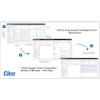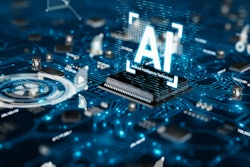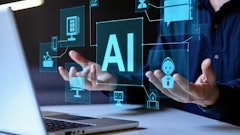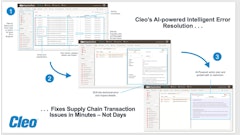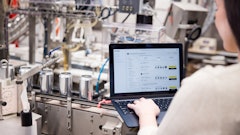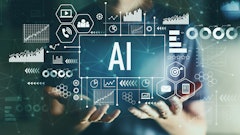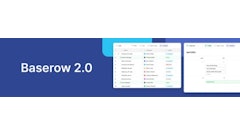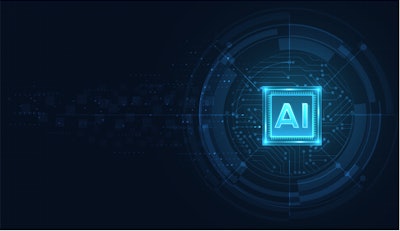
The supply chain industry is undergoing a significant transformation through the use of AI. But, despite its potential, several misconceptions about AI continue to circulate, hindering its adoption and implementation— here and in everyday life. With the help of Nate Rosier, SVP of consulting at enVista, lets debunk some of the ongoing speculations about what AI can and cannot do.
Strategy. It's always been a need in supply chain, maybe now more than ever. Rosier says AI is incredibly useful in this regard, but it cannot be used by itself. There still needs to be a team in place, he explains, that analyzes the data and the AI output, using that information to make key decisions.
In the end, AI isn't meant to be a replacement for your infrastructure and technology that is already in place. Rosier says current AI forecasting and planning capabilities are not robust enough to replace a supply and demand planning system but can support the systems already in place to improve their insights.
And of course, we can't forget the all-too-common thought that human talent will soon be pushed to the wayside by AI.
"The most widely heard misplaced fear about AI is that it will edge out the workforce, but this is not the case in supply chain planning. AI can support human talent and free up employees’ time, but humans will always be required to oversee and manage the output of AI in the supply chain planning space," says Rosier. "Management cannot ‘set and forget’ AI or use it to make decisions without any judgement or oversight. AI should be used as a tool with which to make strategic decisions based on insights you may not have had before."
The truth, it seems, is that AI isn't the beginning and the end. It's an answer, but not always THE answer. AI ultimately uses already existing data to improve insights and increase efficiencies across supply chain operations. Rosier explains that if your existing data is inaccurate or inconsistent, AI will not only provide inaccurate insights, but it will compound those inaccuracies throughout your supply chain.
"Furthermore, AI will not catch inconsistencies or discrepancies in the data it is provided. This is why it is important not only to have good data, but to have one or more employees overseeing the input and output of the AI to ensure accuracy," says Rosier.
AI is best when used for its strengths in speed and efficiency to tackle the simple tasks, and optimizing the supporting processes for more complex moving parts where people are, and will always be, needed. It's through the collaboration of AI and the brightest minds in the industry working hand in hand, that supply chain finds the rewards of good balance.


